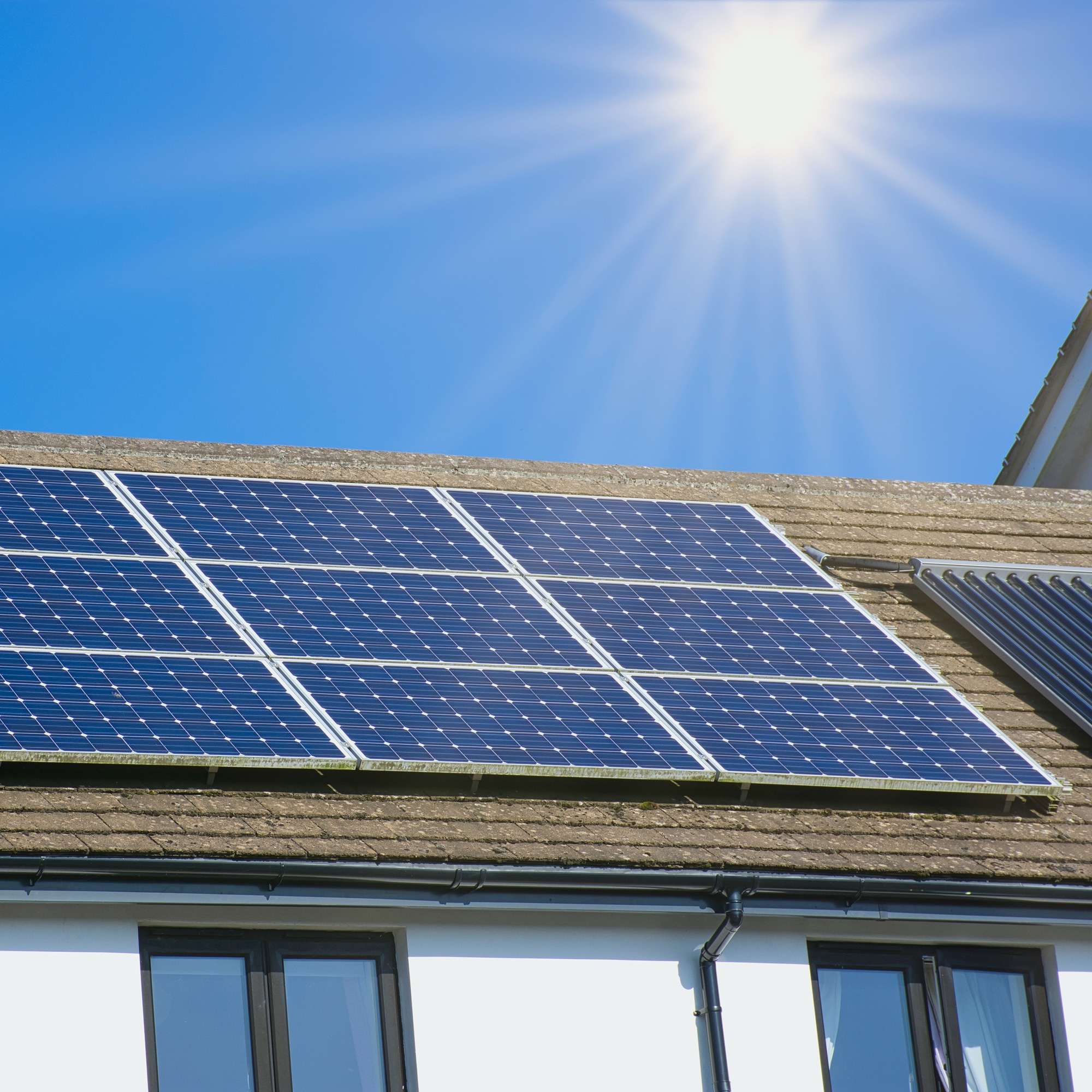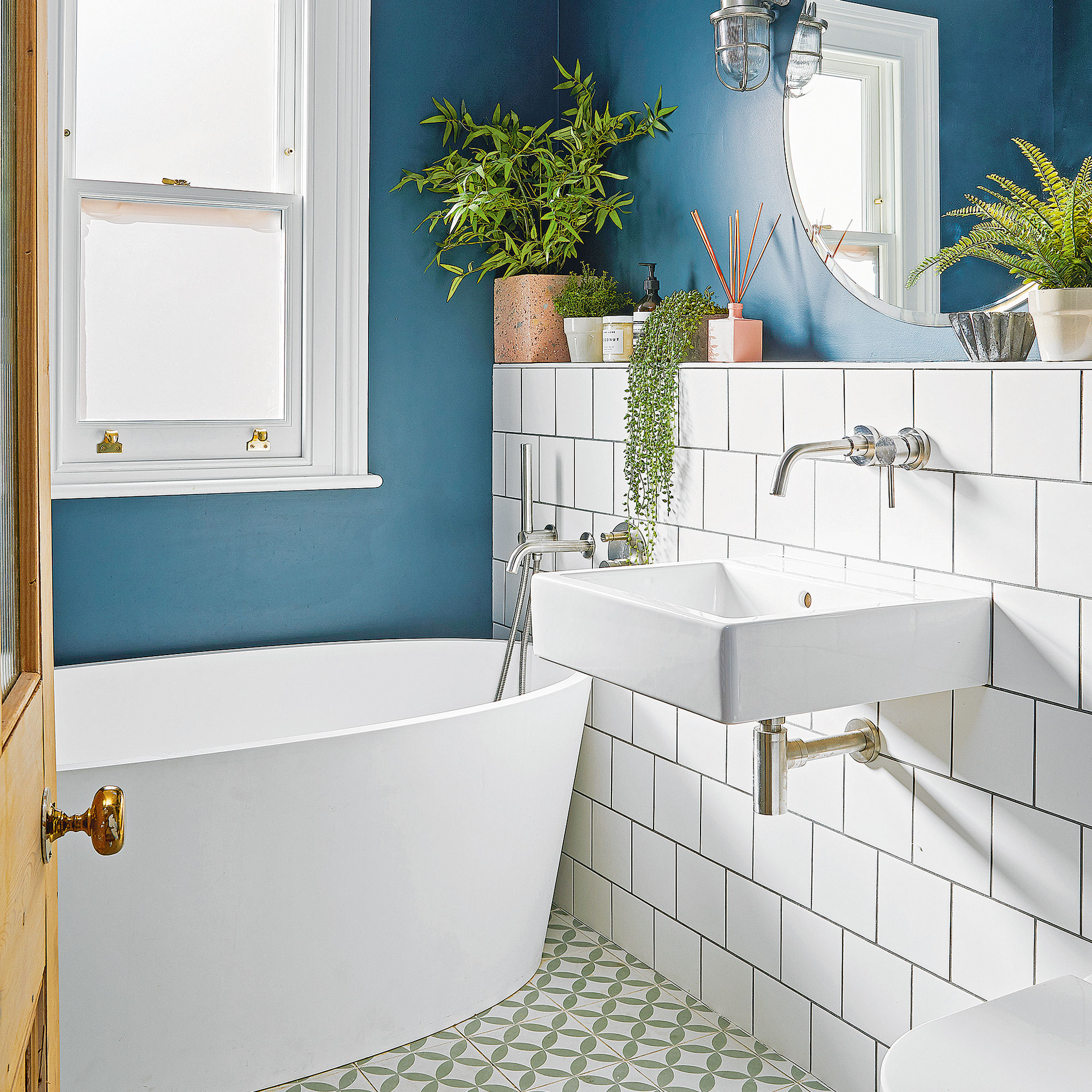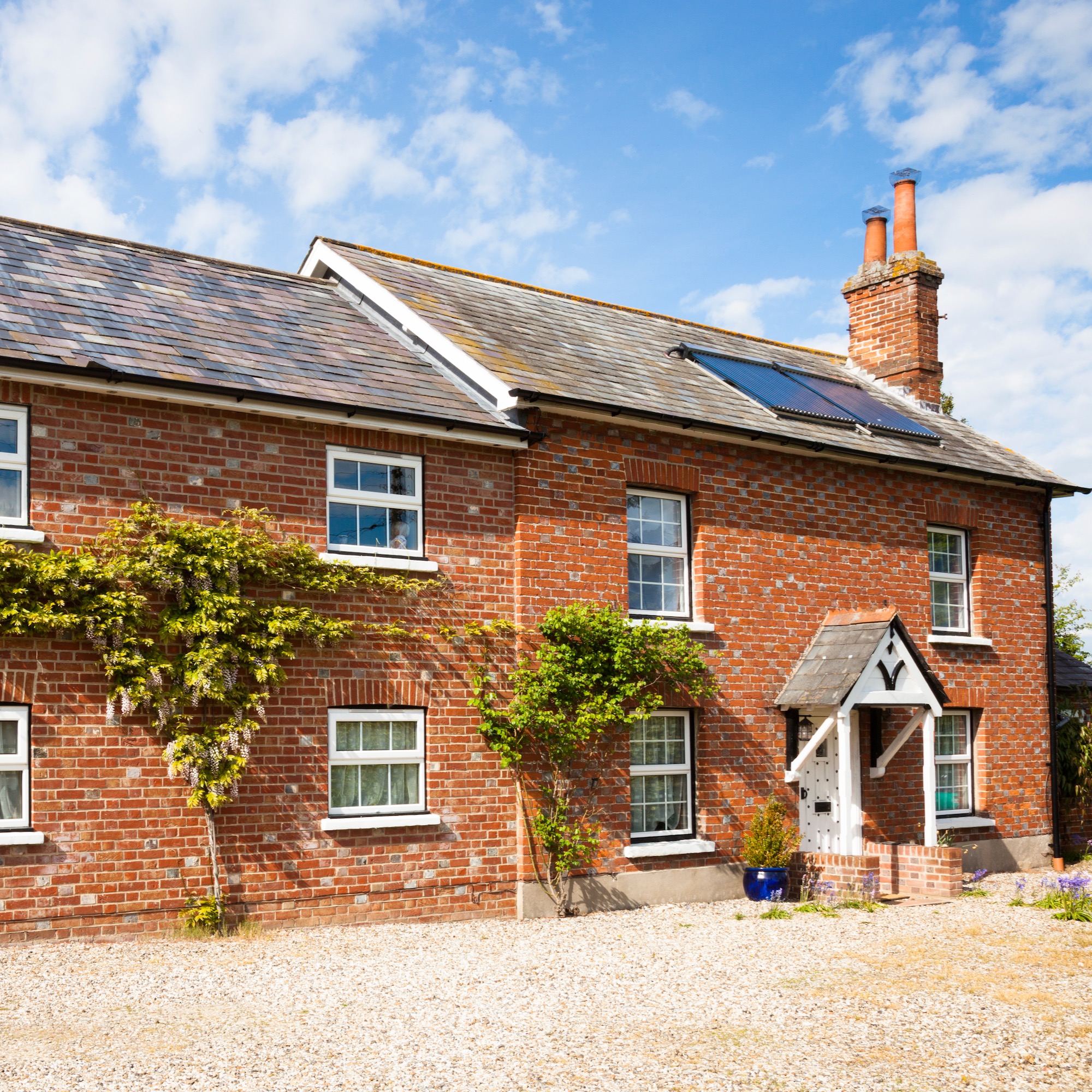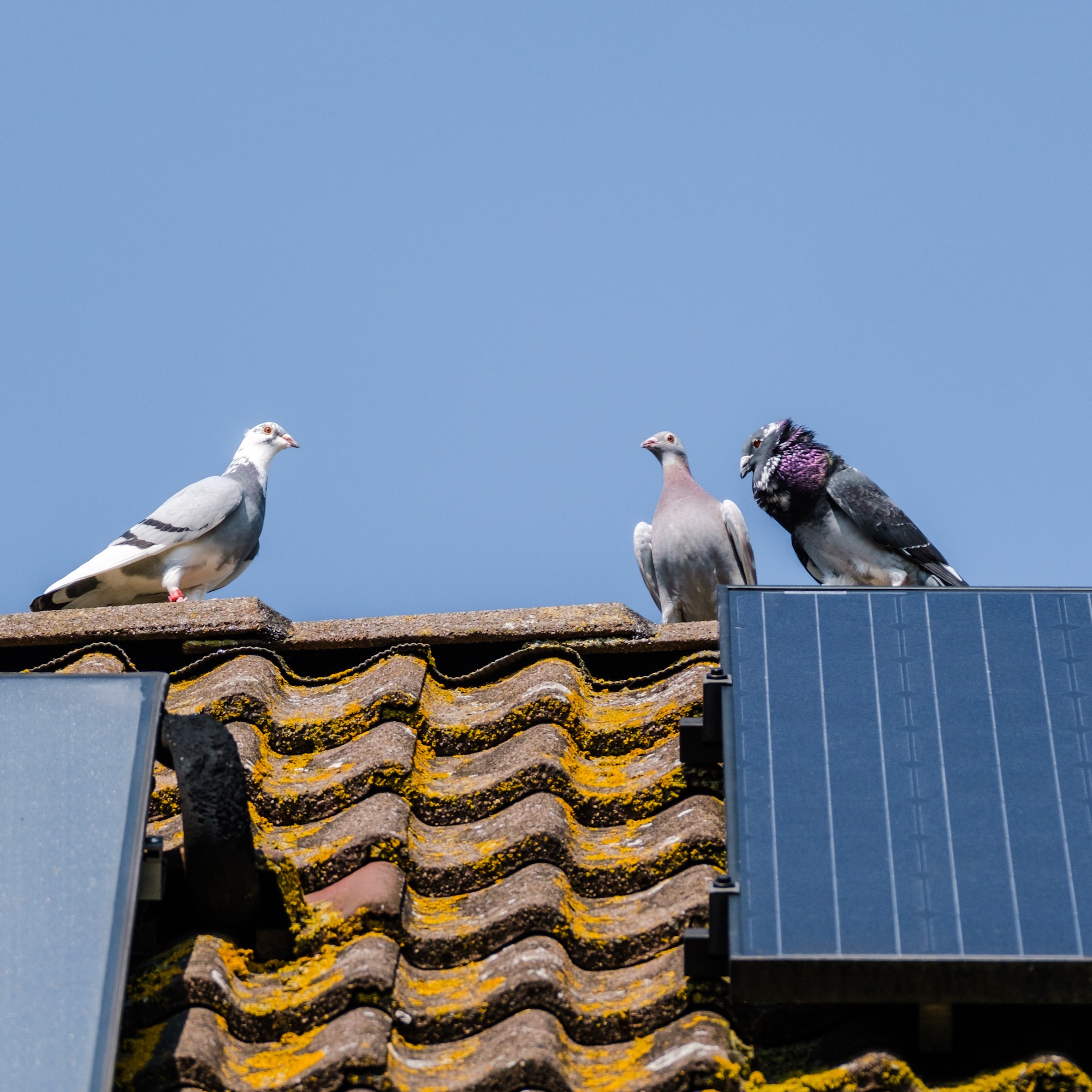The main solar power disadvantages you need to know about
Solar panels can save you money on energy but is it enough to justify the initial cost and other ongoing demands?

Using the sun for energy rather than traditional fuel sources is becoming ever more popular. And while there are positives aplenty, it's just as important to be aware of solar power disadvantages.
It's understandable given we should be encouraging green energy use, the free power you can create and the future-proofing that panels offer your home. But it's not all good news – there are still downsides to solar panels.
Sure, the price has dropped dramatically from an average of £15,000 in 2010 to just under £6,000 in 2022. But that up-front cost isn't everything you're going to be paying. There are ongoing costs and work for you to keep in mind, too.

Solar panel disadvantages
This guide aims to clarify everything you need to know about solar panel problems. That way you can truly weigh up the actual costs and benefits to you. So when you make the decision to either go solar or not, you'll know it's the right choice informed of the solar power disadvantages ahead of time.
1. They need a sunny spot
The clue is in the name – solar panels require the sun's solar rays to work. No sun means no power. So being based in the UK, where sun isn't the most common expectation, this is one of the most expected examples of solar power disadvantages. Weather grumbling aside, solar panels can still get a lot of light. The key is to be in a position to get that.
This doesn't mean you need a south facing garden or anything like that. But the pitch and angle of your roof can play a big part here. You may find that just one part of your roof gets sun, or one half gets a little while the other half gets some too. In these cases it may be required to spread the panels across both sides of your roof which can incur charges. Alternatively, look at solar panels for sheds if you have an outbuilding in a better position.
Where you live is another issue. If you're on a hilltop and clouds fly by leaving you lots of clear sky then you're in a good position for solar energy. But if you live on the coast where cloud cover, fog and mist are common, you may find yourself struggling to harness solar.
Get the Ideal Home Newsletter
Sign up to our newsletter for style and decor inspiration, house makeovers, project advice and more.
Another factor is smog and dirt. If you live in a city you'll also need to factor in regular cleaning of your panels. Otherwise, they won't run as efficiently as they should and could develop problems.
2. They involve a big initial investment
The cost may have dropped dramatically over the past decade but solar panels still expensive and mean you need to pay out. The government previously offered grants for solar panels but currently the cost of buying and installation falls to you.
3. If you spend too little you can lose out
The amount you spend gets you more panels, which can generate more power to be sold back to the grid. So if you can afford to spend more on the initial solar panel cost then it could save you in the long run. If you can't, then you may find them tougher to pay off, taking you longer to do so.
Get a quote to install solar panels on your home from The Eco Experts
Fill out the form to get a free quote for solar energy solutions for your home. Whether you want to cut your carbon footprint, save money on your bills – or both – The Eco Experts can help you find the right products for your home.
4. The power battery is an extra outlay
A power battery, that lets you store excess energy to sell to the grid or use later, is a great investment. In fact it's needed if you want to make the most of your solar panels. But it will cost you extra so factor that in when getting a quote.
5. Solar panels won't heat your water

Solar panels are generally for producing electric power. You can get an additional kit to heat water but don't expect these to bring the costs of that down if you have a gas boiler.
To go totally electric, using solar for all your home needs, you'll need to ditch gas. That can mean a new oven and a new air pump boiler which costs thousands more. Research electric vs gas boilers to make sure you get what's right for you.
6. Cleaning costs can be high
You'll need to factor in the costs of cleaning solar panels. While you can do this yourself it's advisable to pay a professional to give them a proper clean and inspection annually.
As The Eco Experts say 'when you see the aesthetic and financial benefits cleaning and maintaining your panels produces, you’ll see why it’s worth doing.'

7. They produce low or no electricity
This can be a common problem. Generally it is likely to be down to unclean panels. 'Even if you clear your panels of major dirt and debris, dust and particulate matter can still reduce your solar array’s production levels by as much as 25%,' say The Eco Experts.
So, getting your optical cleaning pole with sponge out to give them a clean is a good first step in improving efficiency. If this doesn't work then you may need to pay for a professional clean and inspection.
There is a chance faulty wiring or bird mess has damaged a panel, so finding that is important to begin the process of getting it fixed or replaced.
8. Solar panels can crack
A crack in a solar panel can be a major problem. This can mean that the waterproof seal that would otherwise protect the electronics from rain may be compromised. In which case the panel could break from water damage, if it's not already done so. Replacing a panel cover is far less costly than a whole unit due to electrical damage. So working fast is important.
Contact your solar panel provider to see if you can claim your warranty still, allowing you to have it repaired with no or minimal cost to you. Most solar panels come with a 25 year warranty so you should be covered timing wise.
The issue comes with the type of damage. If something's fallen on the panel, then the warranty may not cover it. If it's cracked due to weather damage – moving from hot to cold quickly perhaps – then you're more likely to be covered.
9. Birds and animals can nest in solar panels

Birds nesting under your panels is a big problem. They use their faeces to bind the nests which can be corrosive and since there is wiring under the panels, this is a very vulnerable spot. The best course of action is to get a professional to get up there, clear out the nesting birds and get pigeon proofing solar panels to stop them gaining access in the future.
Using spikes can help keep them away. Modern bird spikes are far more rounded than those of the past, making them non-damaging to the birds. But they're still uncomfortable enough to keep them away. Install these around the panels to ensure they're kept animal-free.
Our guide on how to pigeon-proof solar panels offers more advice.
Once one nest appears, other animals can start making their way up there so it's important to get rid of them as soon as you discover their presence. Be sure to remove all traces and ideally block access too.
Food is what can attract animals, so if you have trees nearby that are dropping then either cut them back or try to tie them off so seeds and fruits don't land on your roof. It also pays to keep any ground-level food, like bins, inaccessible so animals of all kinds are kept away from potentially stumbling across your solar panels as a potential new home.

As a veteran tech journalist of over two decades, Luke knows what makes a gadget tick but is also well aware of what you want to read about when doing your research. He has worked in this world for over 20 years and loves testing, reviewing and working with brands on new gadgets. Luke consults for many tech companies helping them create new gadgets. Expect concise words on everything from smart home tech and power tools to solar panels, cars, smartphones, speakers and plenty more besides.
-
 Will a conservatory add value to your home and how can you maximise it?
Will a conservatory add value to your home and how can you maximise it?This is what the pros say
By Amy Reeves
-
 I’ve been looking for a new signature scent for my home and The White Company's new fragrance is the exact summer holiday smell I needed
I’ve been looking for a new signature scent for my home and The White Company's new fragrance is the exact summer holiday smell I neededSantorini smells fresh, summery and sophisticated
By Kezia Reynolds
-
 How to remove algae from garden walls in five steps – and the cleaning product experts rave about for tackling it fast
How to remove algae from garden walls in five steps – and the cleaning product experts rave about for tackling it fastExperts share their top tips for getting garden walls algae-free
By Katie Sims
